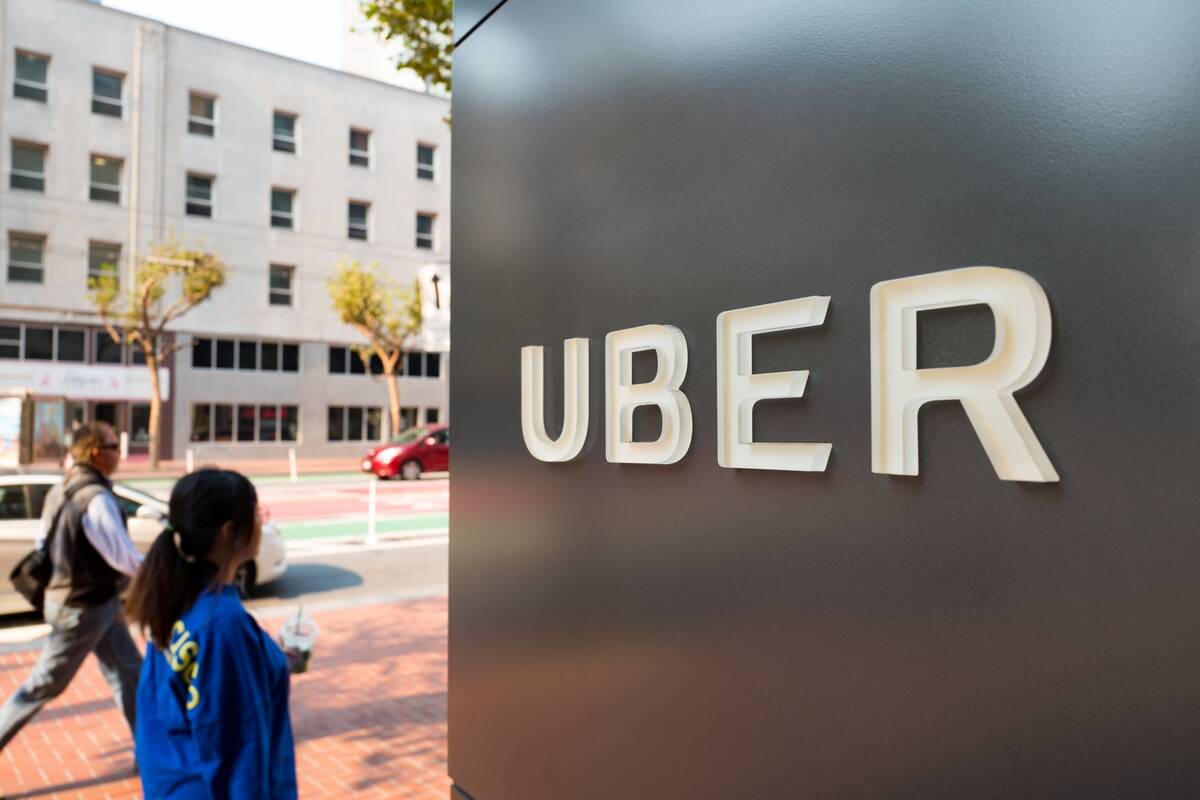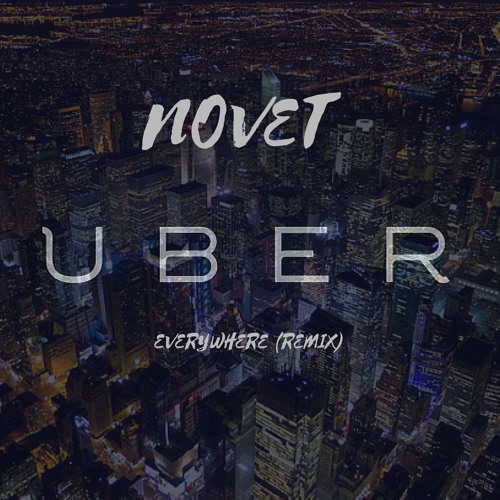

Otherwise, you're able to use Uber in more popular spots like Sydney, Melbourne, and Perth. Allegedly, the regional government will re-evaluate the ride-share company's status at a later date, but in the meantime, if you're heading to Darwin, you'll have to find a ride elsewhere. The one holdout to this point is the Northern Territory, which has banned Uber altogether. Australiaįor the most part, Uber is legal now across the continent, but that's come down to which state you're in. So far, the service is limited to Taipei. TaiwanUber suspended service in February after being hit with millions in fines by the Taiwanese government, but just this past week, the company reached an agreement with the government to use rental car agencies to get a fleet of cars on the ground in Taipei (rental car agencies there also offer drivers). Effectively, it's the inverse of what you're finding in the U.S. In that case, Uber exists, but doesn't have a competitive advantage.
Uber everywhere drivers#
Otherwise, Tokyo's a no-go for UberX, where only luxury cars or taxis with licensed drivers can operate. JapanThe legalities for Uber are pretty tricky in Japan only a handful of places use UberX, but those places have to be too small to support public transportation to qualify, as Bloomberg reports. AsiaĬhinaUber didn't get banned or anything in this massive market-but it was hemorrhaging money and eventually got bought out by Chinese competitor Didi Chuxing after both companies reported losing billions of dollars in their ride-share race.

The ruling will determine whether Uber is treated as a technology company or as a taxi service, which would require stricter regulations where Uber still operates UberPOP-which, in similar instances, has led to the company pulling the service.

In fact, as Fortune reports, Uber is awaiting a ruling by the European Court of Justice, the top court in the EU, over a dispute with Barcelona's main taxi operator, which accused the company of running an illegal taxi service via UberPOP. In other popular European tourist destinations, Uber has gone through periods of suspension-including in France, Spain, and the Netherlands-but that mostly focused on UberPOP, a service the company formerly offered that's like UberX in the U.S., where drivers without commercial licenses use their private cars. An appellate court has allowed the company to keep operating until a final ruling is made, but that might not be for long. ItalyThe most recent addition to the list, Italy banned Uber in April, finding the company's business practices "constituted unfair competition," blocking its services, and disallowing the company from advertising. HungaryIf you listen closely, you can hear an echo: Uber launched in Hungary in about 2.5 years ago, and pulled out in July 2016 after the Hungarian government passed legislation saying "its drivers breach regulations other taxis firms must adhere to." Given how essential that designation is to the company's business model, Uber has already agreed to shell out more than $100 million to keep it that way, too-even though it claims to have ended its "greyballing" days.ĭenmarkWhile Danes have been hailing rides since December 2014, they hailed their last just this week, after the passing of new laws " making taxi meters mandatory for drivers and imposing other requirements that meant Uber could no longer operate there," according to Fortune. As The New York Times put it, "Uber has long flouted laws and regulations to gain an edge against entrenched transportation providers," which has earned the company "a valuation close to $70 billion." That's nothing to swipe at. Just the fact that an " Uber protests and legal actions" Wikipedia page exists should tell you enough.Īmong a recent spate of bad press for the Silicon Valley darling, news in March that Uber had been " greyballing" local authorities-essentially blocking them from the app-spotlighted the main sticking point for regulators: Uber pays its drivers as independent contractors, not as employees. In fact, while Uber has emerged as the most popular ride app by volume, the company has been banned-or has voluntarily suspended service-in dozens of cities and countries. Eighty-one percent of millennials say they prefer ride-share services to traditional taxis, but not everyone welcomes them with the same gusto.


 0 kommentar(er)
0 kommentar(er)
